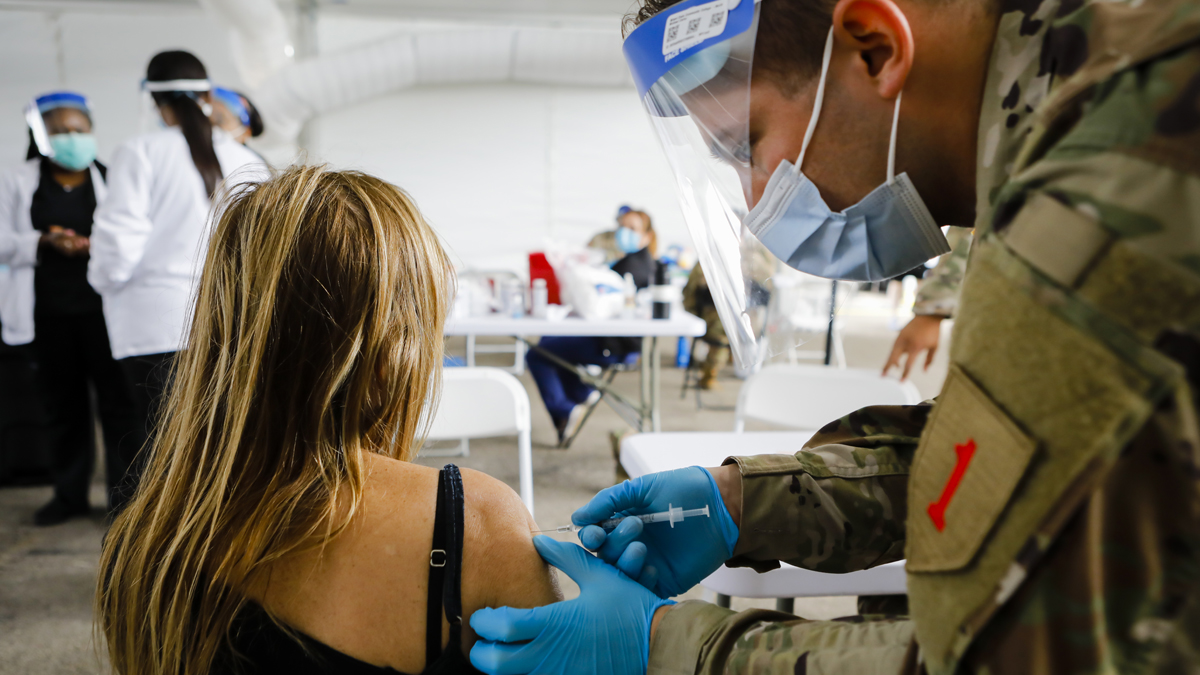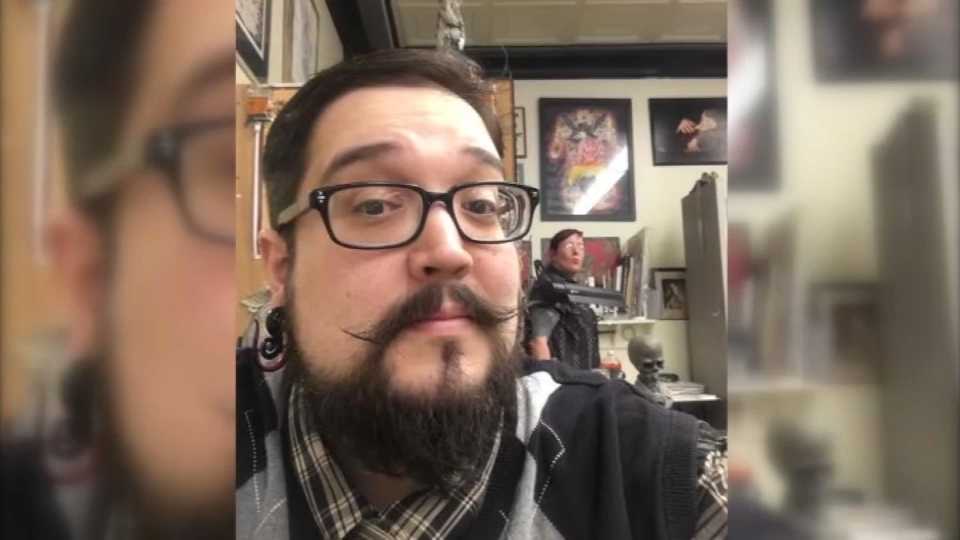Vermont Gov. Phil Scott on Tuesday laid out a plan to completely reopen the state's economy and normalize life by July 4 if residents continue to get vaccinated against COVID-19.
Scott outlined his "Vermont Forward" plan, which would see the complete reopening of businesses, events and gatherings over the course of three months.
"We're in the last laps of this very long and difficult race. This plan shows how we'll finish strong," Scott said at a news conference. "The key to getting there are vaccinations, which is why we're laser-focused on making sure as many Vermonters as possible get them. And it's why, when you're eligible, you need to sign up."
Under the plan, various sectors of business and life will transition from sector-specific guidelines to universal guidance. By July 4, Scott said, the guidance will become "recommendations, not requirements."
Get Boston local news, weather forecasts, lifestyle and entertainment stories to your inbox. Sign up for NBC Boston’s newsletters.
The universal guidance will ask people in various sectors to stay home when sick, wear masks, maintain six feet of social distance, practice hygiene and to follow travel restrictions.
Step 1 of the plan will take place when vaccinations of the state's most vulnerable are "substantially complete and 35–45% of all Vermonters and 45–55% of those 16 years and older have had at least one shot of a vaccine.
In Step 1, on April 9, travel requirements will be loosened. Vermonters who travel out of state and are not vaccinated will be required to receive a COVID test within three days of returning. Quarantining will not be required.
Visitors from out of state who are not vaccinated will be asked to provide a negative test taken within three days of arrival.
Step 2 will take place when 50–60% of all Vermonters and 60–70% of Vermonters 16 years and older have had at least on shot of a vaccine.
In Step 2, all sectors will transition to universal guidance, except the education and health care sectors.
Gathering restrictions will also be loosened to allow one unvaccinated person per 100 square feet, up to 150 people, plus any number of vaccinated people. Outdoors, as many as 300 unvaccinated people will be allowed to gather, plus any number of vaccinated people
If enough people are vaccinated, all travel restrictions will be dropped in June.
Step 3 will being when 60–70% of all Vermonters and 70–85% of Vermonters 16 years and older have had at least on shot of a vaccine.
In Step 3, one unvaccinated person will be allowed per 50 square feet up to 300 people, plus any number of vaccinated people. Outdoors, 900 unvaccinated people plus any number of vaccinated people will be allowed to gather.
By July 4, all COVID-19 related requirements will become recommendations, not requirement.
Officials warned, however, that residents should continue to wear masks and practice social distancing and hygiene measures as people continue to get vaccinated.
Northern Vermont’s Jay Peak Resort has been eagerly awaiting an announcement that helps it safely expand operations at its indoor water park and better plan for operations in the months ahead.
“We have 40 or 50 weddings on the books for this summer, so we’re looking forward to understanding what the guidance is, to allow those to still happen,” said Steve Wright, the president and general manager of Jay Peak.
Wright said visits to the normally busy destination are down by about half this ski season, attributing that decline largely to the closure of the nearby border with Canada for leisure travel.
Jay’s normal payroll of 1,200-1,300 resort workers has been cut to fewer than 500, Wright said, which means he has been picking up slack working in the cafeteria. Other members of the senior leadership team are similarly performing other jobs.
“We’ve done a pretty good job of managing labor and cost of goods and expenses, mostly be doing things like this,” Wright said, gesturing to the kitchen where he was working.
Pent-up demand for travel, both domestically and when the border with a Canada eventually reopens, will likely be key to Jay bouncing back, Wright predicted.
“It could be a record season next year,” he said, adding that season pass sales for next season have been stronger than any year he could recall.
Scott on Monday condemned the "racist response'' to his administration's decision to make Black, indigenous and people of color of any age eligible for a coronavirus vaccine before residents of other races.
The state granted preferential vaccine access April 1 to the BIPOC community and anyone living in their households. The Republican governor called their disparity in vaccination rates compared to non-Hispanic whites "unacceptable.''
Vermonters of other races aged 40 and over became eligible Monday, with those 30 and over scheduled for eligibility April 12 and all others 16 and up eligible April 19. Next week, the age will drop to those 30 and over.
On April 19, all adult Vermonters will be eligible to be vaccinated.
The presence of the virus in Vermont has been increasing in recent weeks.
Officials say the state is in a race to vaccinate as many people as possible to help stop the spread of the virus. On Monday, Gov. Phil Scott got a COVID-19 shot.



